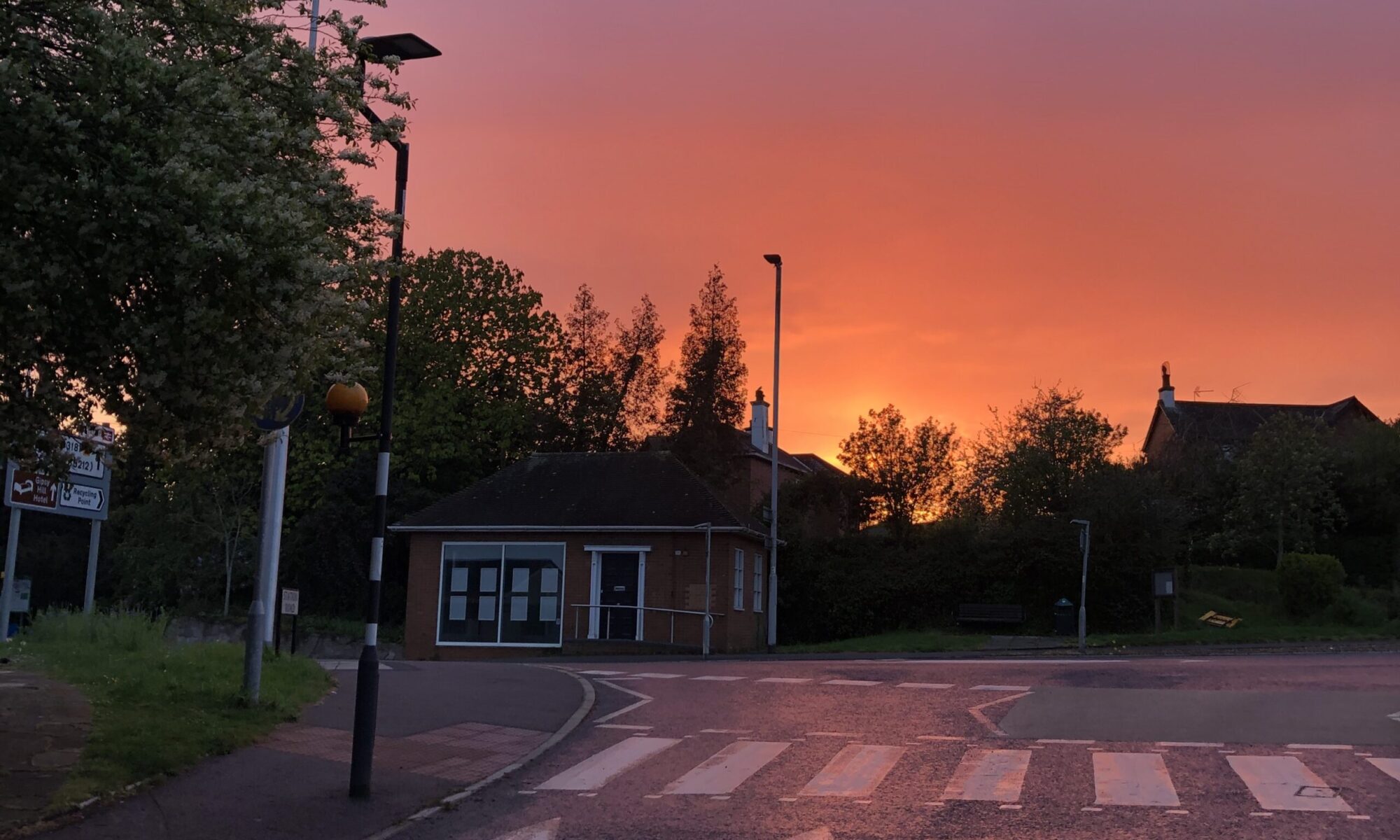Comments on the CONTENT of the new Local Plan and it’s relationship with other plans
Do you know what other plans there are?
• The Greater Exeter Strategic Plan was rejected by East Devon District Council and Mid Devon. But the need for a plan which connects these areas and understands the context for development, remains essential. So the process is beginning again
• Devon County Council has a range of Highways strategies and policies, Low Carbon targets and Net Zero ambitions which affect Exeter
• National Planning Policy and the new Environment Bill currently going through parliament
Some suggestions for comments:
Renewed consultations for the Greater Exeter Strategic Plan should be incorporated into the formal consultation process for the Local Plan. This should take place before a Draft Local Plan is produced, because:
• Commuter gateways substantively influence any sustainable transport network and infrastructure investments proposed or envisaged by the Local Plan and will impact the Corporate Plan’s ambitions to tackle congestion and accessibility
• The Greater Exeter area is the context of and setting for the “exceptional
environmental setting” described in the Local Plan Vision
• A complex systems view should be integral to the city’s planning process, not only for transport, economic drivers and social value but also ecosystem impacts specifically to wildlife at a county level, including European protected species.
This would also provide an opportunity for ECC to update its SCI requirement and
address current inadequacies in community engagement mechanisms
Conflicts with DCC Highways plans should be identified and opportunities for integration and innovation explored. For example, the Pinhoe Area Access Strategy and Addendum is currently in conflict with the Exeter Transport Strategy. This is connected to financial provisions for the Highways programme through developer contributions. Public consultation should be provided
Exeter’s Local Plan should be integrated with Devon County Council Low Carbon policies to amplify local aggregation opportunities. It’s a climate emergency and integrated thinking is essential.
Policies and opportunities within Natural England’s Nature Recovery Network Strategies Planning should be referenced and included as part of the new Local Plan. This relates specifically but not exclusively to the opportunity to connect Nature Recovery areas in Exeter’s Valley Parks to those in the Clyst Valley Regional Park by establishing a Ridgeline Park area across the Northern Hills. There is potential for a ‘wildbelt’ area around the city which is connected by a network of public green spaces (Exeter Green Circle, Valley Parks and more).
A systems-thinking approach to mapping complexities and identifying opportunities for new economic and environmental modelling, should be embedded across all relationships with other plans to ensure maximum integration at a time of climate emergency. It’s a new approach to bringing clarity and new perspectives to complex planning systems. The Global Systems Institute at the University of Exeter is a leading centre for expertise
Please cut and paste however you feel best represents your views. Get in touch if any clarification would help you: mail@portfoliofive.co.uk
